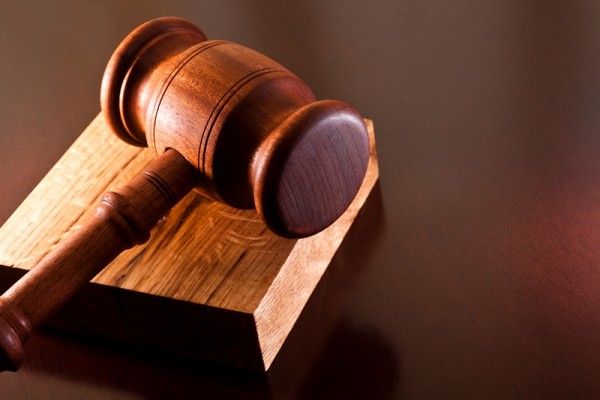If you’ve been involved in an accident on the freeway, your first responsibility is to stay calm. Try to assess any injuries you may have sustained, so that you can avoid making them worse. If your automobile or the other car is in a position where it is causing further trouble, you might try to move it out of the way. If there are any serious injuries, call 911, and if there are not, call the local police or highway patrol. Even if the police don’t respond to the accident, they may be an important resource for further actions to take.
Immediately following the accident, your emotions may be running high and you could easily make a number of mistakes that may make the situation worse. Here are several things you should NOT do when you’ve been involved in an accident on the freeway.
One: Do Not Leave the Scene of the Accident
Every party involved in the accident is responsible for providing license and insurance information. If possible, names and addresses of the involved parties and any witnesses should be shared. However, this could be difficult in some areas; don’t make matters worse by trying to force the situation. You should contact your insurance agent and file a report with the Department of Motor Vehicles as soon as possible.
Two: Don’t Make Assumptions About Damage or Injuries
If the police respond to the accident, their report may be used by your insurance company to determine fault or to establish the amount of payment to send you. Sometimes, one party to the accident will offer to repair damages. In some cases, drivers or passengers may have sustained injuries the scope of which only become apparent after several days. Don’t make any promises or claims at the time of the accident.
Three: Don’t Apologize or Assume Guilt
Even if you believe that the accident was entirely your fault, don’t apologize or take credit for the accident until you have talked with your lawyer or insurance agent. Even if you are at fault, some states have comparative liability laws that could take the other driver’s potential negligence into account. It isn’t uncommon for both drivers to have made decisions leading to the incident.
Four: Don’t Lose Your Temper
After a car accident, both parties may be experienced several difficult emotions. This is especially true when damage is severe and when drivers or passengers have been injured. Even if the other driver is entirely to blame for the situation, it is best for you to remain calm. Ask about the other vehicle’s occupant’s conditions. Is everyone alright? Take some deep breaths and work to become calm. Your cool head will help you assess the situation and take the appropriate steps to resolve the situation.
Five: Don’t Neglect to Contact Your Insurance Agent
Although the accident itself may have been unnerving, your recovery could be even more difficult. Protect your health and financial future by getting the proper legal and medical advice. Visit with your health care provider as soon as possible to ascertain the depth and scope of any injuries. Talk to an attorney if you’ll have medical bills or to protect yourself from legal actions. Work closely with your insurance agent to register your insurance claim. Each of these professionals could help you move forward and return to your normal daily routine.
The steps you take during and after an accident could have long term results. Protect yourself and your family by remaining calm, completing necessary documentation and visiting with the right professionals. Prepare for accidents before they occur to reduce the difficulty of the situation.

lawyers are experienced in handling car accident cases and will ensure you get your accident injury claim handeld by an experienced injury lawyer.We can provide you with auto accident attorneys in many cities across the United States of America such as Riverside, Orange County, Los Angeles, San Fernando Valley, Pomona, Ontario, Newport Beach, and San Jose. See our locations section for all cited represented: AA-Accident Attorneys Injury Lawyer Locations. A California Car Accident Lawyer that will fight for you!



